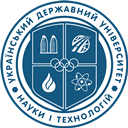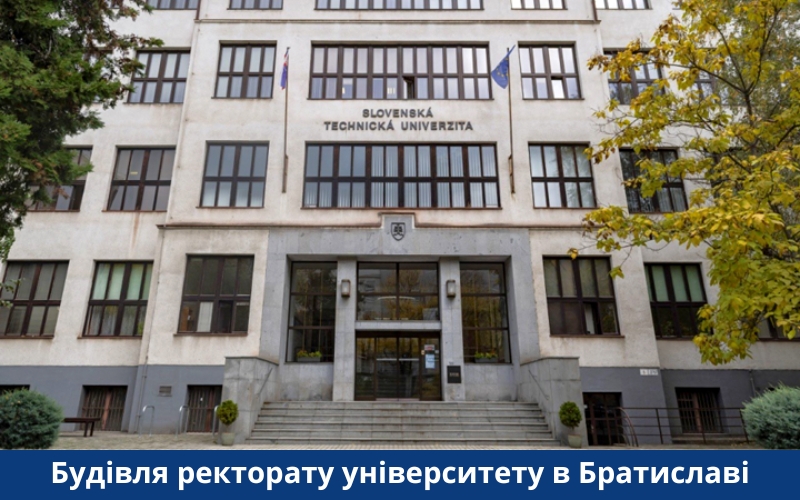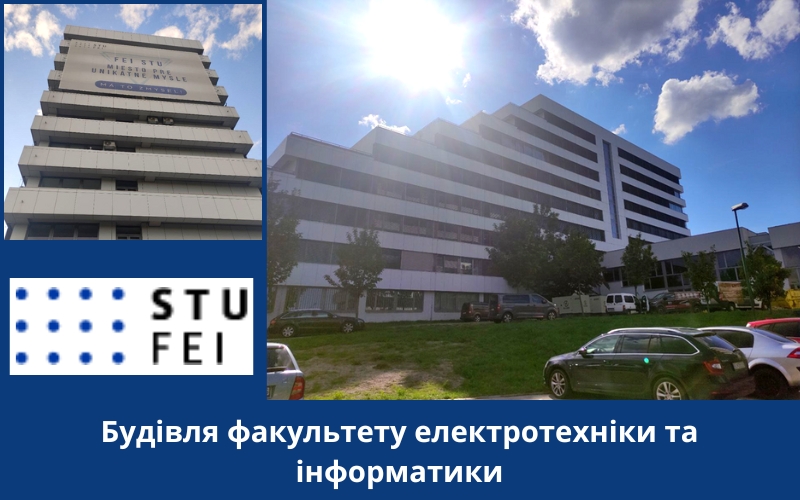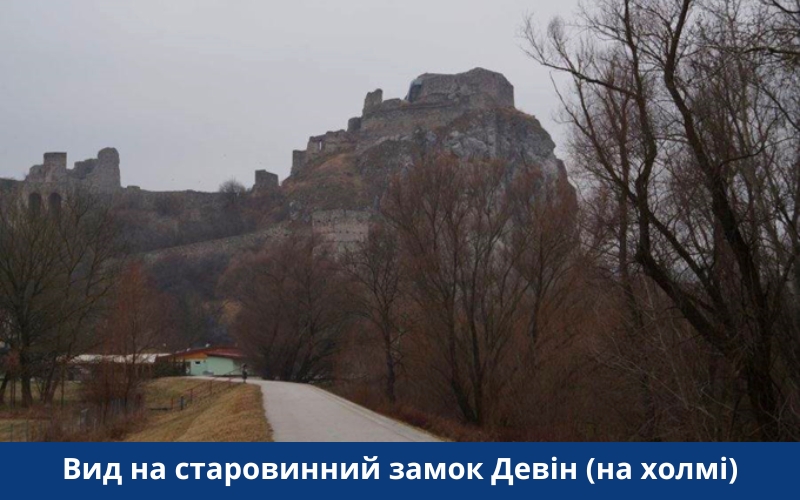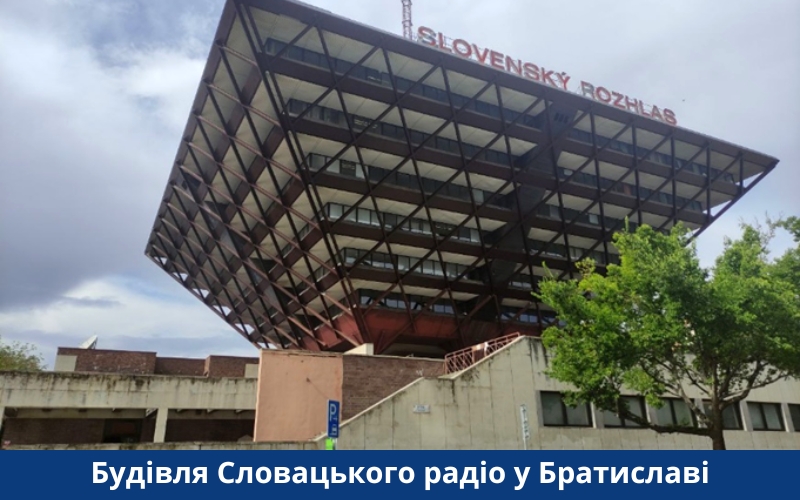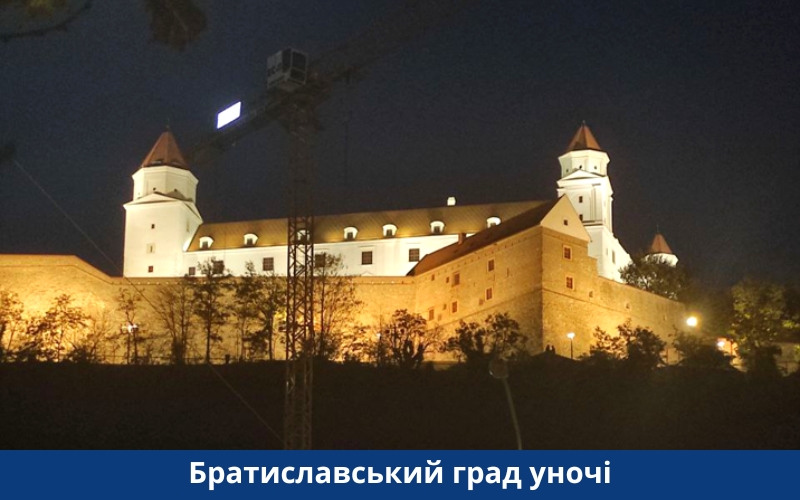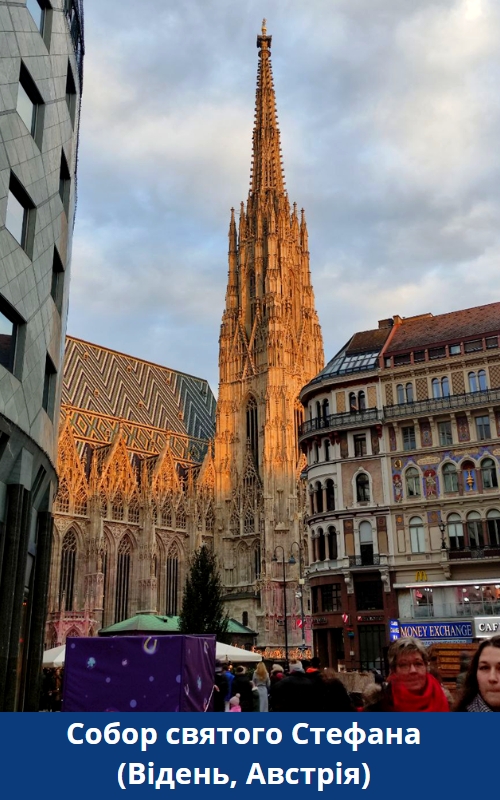Research internship at the Slovak University of Technology
Thanks to the active work of the department of international cooperation and the rectorate, the university had the opportunity to send teachers and graduate students to the Slovak University of Technology in Bratislava as part of the Erasmus+ program. It should be said that this university is one of the largest state technological universities. Our graduate student has already managed to work at this university and decided to share her experience and impressions with us.
Ahojte (Greetings in Slovak)! My name is Oleksandra Zima, I am currently a second-year graduate student at the Faculty of Chemical Technologies and Ecology, Department of Analytical Chemistry and Chemical Technology of Food Additives and Cosmetics.
Today I want to talk about my internship in the Slovak Republic. The opportunity to go under the Erasmus + program appeared suddenly, so it took about a month for all the decisions and the collection of documents, which is very fast for conservative Europe.
My internship took place in a cozy and small European capital at the Slovak Technical University in Bratislava.
In total, the university has seven faculties, and it would be logical to end up at the chemical department, however, cooperation with the Institute of Electronics and Photonics at the Faculty of Electrical Engineering for computer science has already begun.
I can say right away that the best and most interesting part of the internship is the opportunity to see how they work abroad, to implement their scientific achievements and to improve their language skills. Since my thesis topic is related to optics, electricity and chemical transformations, this was the right place to fully realize my scientific ambitions and meet influential scientists.
The university and the laboratory are equipped with the most modern scientific equipment and are able to study the physico-chemical properties of samples at the nanoscale and even atomic level. Therefore, I hope that the research conducted by me will be at the world level.
It was also an important moment to find friends of young scientists from Slovakia. Since when applying for EU grants it is necessary to create consortia from several scientific institutions or universities, knowledge of colleagues with similar interests is necessary.
I was able to do all this in this university and even more – I got the initial level of knowledge of the Slovak language. Since the program of the faculty is not in my specialty, I did not manage to join the graduate students’ classes, but I was able to attend classes on the Slovak language. The Erasmus+ group was as international as possible – there were students from Germany, France, Portugal, Spain, Italy, Kazakhstan and African countries.
Since I am from Ukraine, and our language belongs to the Slavic group, the professor decided that it would be too easy for me to attend only this group. So I was in another one, mostly with Ukrainians who already have the B1-B2 level. It was difficult with them, while in the first group I learned to read, in the second I had to build sentences in the past tense.
The Slovak language exam became very interesting for me, because in addition to the written part, we had to make a video about any of our days. It doesn’t matter what: a date, a day in the laboratory, a conversation with a friend, a trip to the supermarket or a restaurant. I decided to go to the zoo and I want to share this walk:
I want to talk for hours about my impressions of the city and its people: quiet streets, crowded squares, ancient buildings, forests and mountains. When you just walk around the city, the world unfolds before your eyes and you enjoy it.
Bratislava is located near the borders of the three countries of the Czech Republic, Austria and Hungary, I had the opportunity to visit Vienna for Christmas and it was magical. It’s quite strange when you travel by bus for an hour and find yourself in a German-speaking country. I fell in love with St. Stephen’s Cathedral at first sight, although I almost walked past it.
I am very grateful to the university, scientific supervisor Vadym Leonidovych Kovalenko, and my department for the opportunity to complete this internship, to conduct the research necessary for the dissertation and to look at the world through different eyes, to communicate with an extraordinary number of amazing people. Put aside your fears about not having enough English to communicate and joke. It is a huge experience that will stay with me forever.
